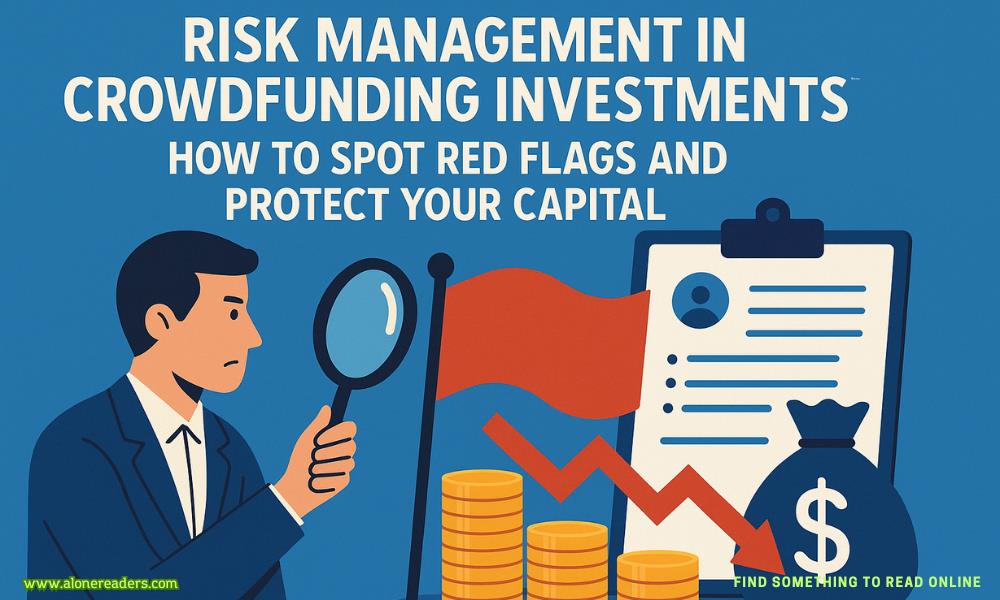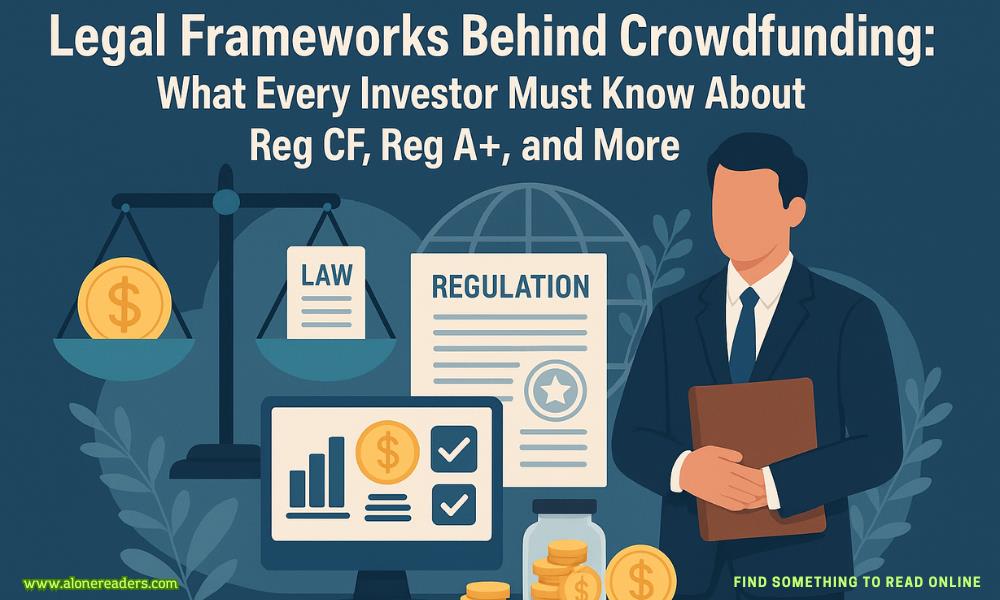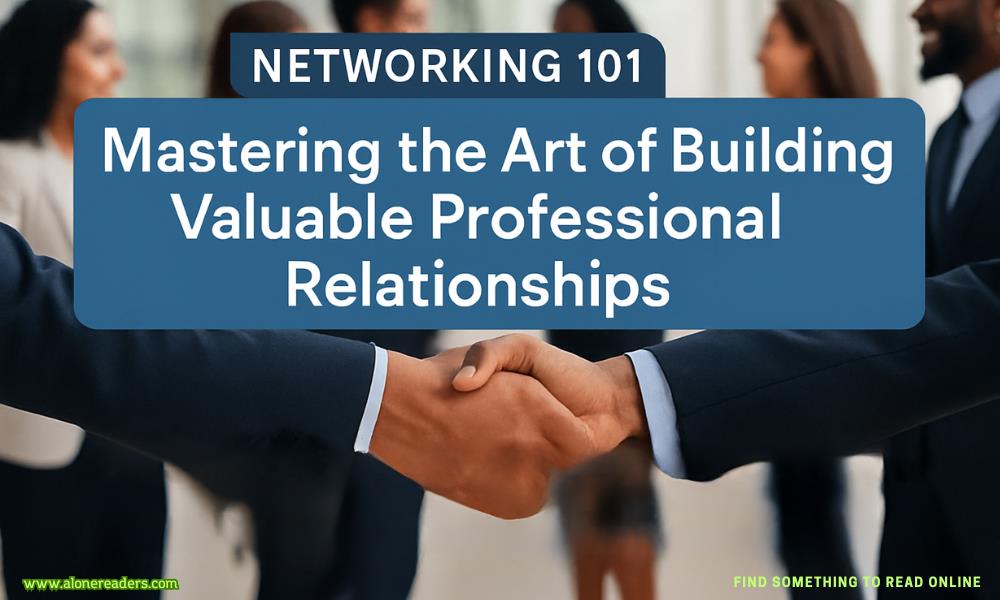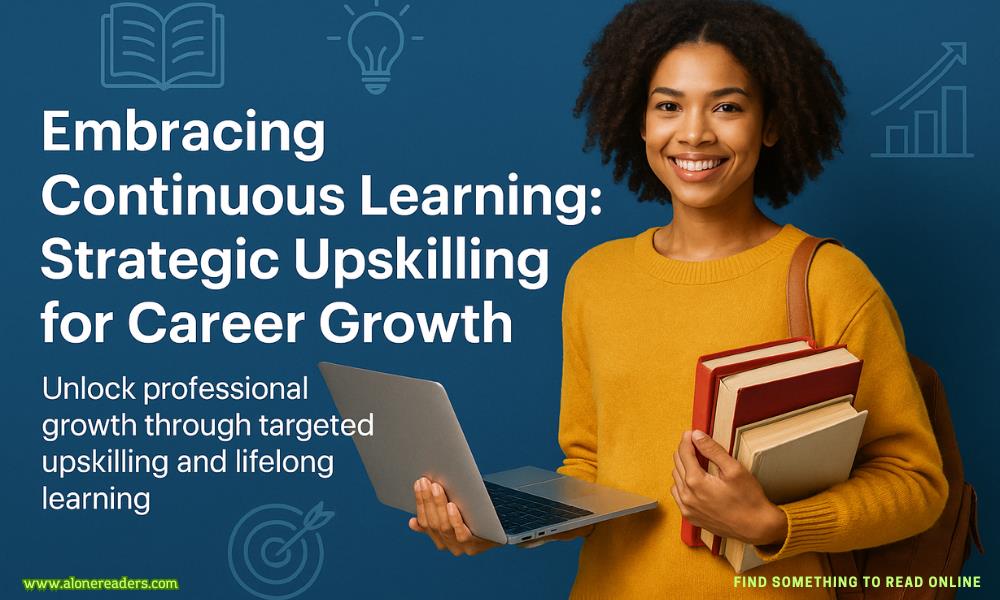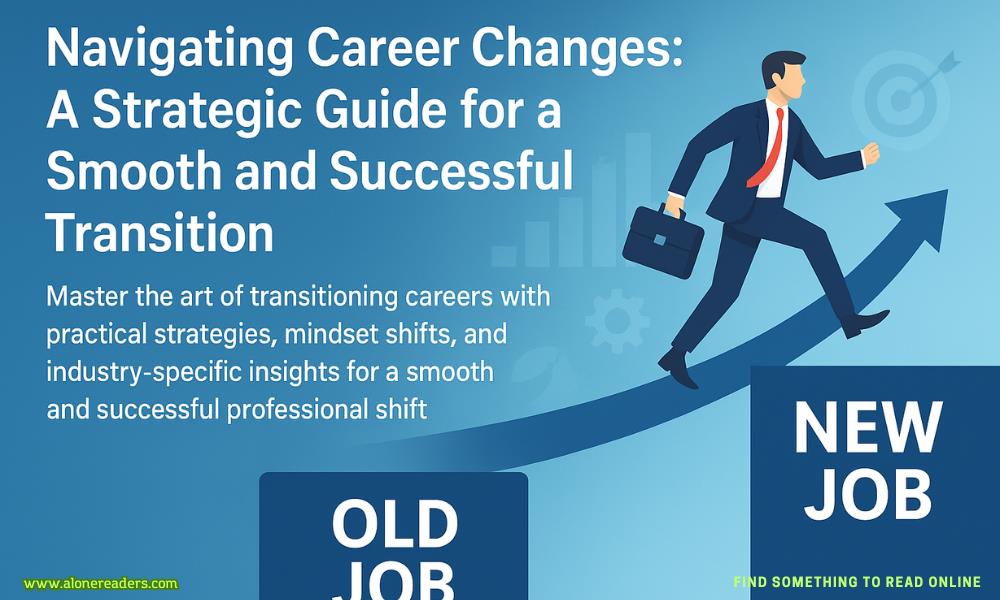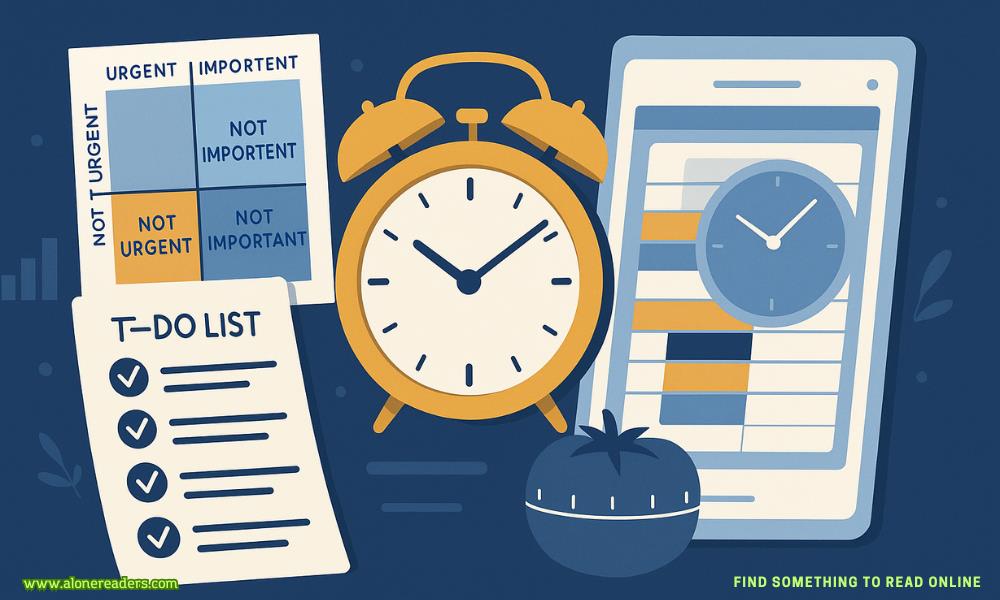Page 64 of Heartbreak Hill
“It’ll happen,” he told her as he kissed her. “Let me take your picture.”
Reid took a few steps away from him and posed. Every few seconds, she’d change the way she stood, tilt her head, or position her feet. He snapped photos in rapid fire, taking as many as he could, knowing he’d keep every single one because he’d love them all.
When she came forward, he showed her the pictures. Reid frowned at most of them, but he thought they were beautiful.
“I’ll delete those later,” she told him.
“No, I want them.”
She rolled her eyes. “Let’s take a selfie.”
They turned, and Grayson put his arm over her shoulder. She tucked herself into his side, resting her hand over his heart. He extended his arm, raising it high enough to capture not only them but also the scenery behind them. Through the camera, he saw her look at him. He turned and kissed her, praying like hell his thumb snapped the picture.
TWENTY-THREE
GRAYSON
The next week, Grayson sat in the same plush blue chair and recounted the same feelings he’d had the week prior. If anything, the ache in his chest had increased, to the point where he’d cried every day. He couldn’t pinpoint the cause, even though he’d tried. Grayson had started a journal after his last appointment, detailing everything, including the new foods he liked. Things he hadn’t eaten before, like Italian dishes. He’d never liked ricotta, but his mouth watered when he saw commercials for lasagna, and he had ordered ricotta pancakes with brown butter maple syrup and blueberry compote the other day at breakfast. Prior to surgery, he’d loathed fruit on his food, especially when it was warm. Grayson was not a fan of pie, unless it was a pie made of pudding with a graham cracker crust; then all bets were off.
“Did you talk to your doctor about cellular memory?” Dr. Littleton asked.
“I mentioned it, but he says it’s near impossible.”
Dr. Littleton nodded. “Impossible to prove, but not improbable to feel. I think one thing to remember is if the science isn’t there to support and prove, it’s hard to compute. Science needs proof—cold, hard facts—and in a situation like this, it’s almost impossible to achieve. We can’t ask an organ, and if we ask the patient, the answer would beskewed. Some will be like you and say they’ve experienced something, while others will say they haven’t experienced anything. That brings us back to ‘something,’ which could easily mean one thing to you and be somewhat different to another.”
“This is complicated,” Grayson said. “And hard for me to describe.” He placed his fist over his heart and shook his head. “This is different, and while I know the heart—my heart—isn’t the one I was born with, it feels like mine, and yet I’m reminded almost daily now that it’s not.” Grayson sighed. “I feel like my heart is broken, and I can’t figure out why.”
“How’s Reid? Did you talk to her about this?”
Grayson nodded. “I did. She’s so supportive and understanding. I don’t deserve her.”
“She feels otherwise,” Dr. Littleton said. “We’ve spoken at length about her role in your life, your rehab, and your relationship. I know you’ve both done the work to communicate how each of you are feeling. I’m not surprised she’s supportive, but you definitely deserve her, Grayson.”
He shrugged. “The other day while flipping through the channels, I came across this documentary on transplants. I spent hours watching it and wasted an entire day scouring the web for other stories. And then I searched the news for the time from when I was in the coma.”
“Oh?”
Grayson shrugged again. “I know you advised against it, but missing those weeks ... I thought maybe something would spur a recollection, and my heart would start singing or some shit. I don’t know.”
“Did you learn anything?”
“The news itself is depressing.”
“Sports is more your thing, right?”
Grayson nodded. “I spent a lot of time scrolling through ESPN as a mind cleanser.”
“Did you find anything interesting?”
Another shrug. “Not really. I don’t know. Nothing held my interest.”
“Not UConn winning the college basketball championship?”
Grayson rolled his eyes. “Not a fan,” he said with a sigh. “Someday, my Zags will be there.” When the Gonzaga Bulldogs had made their first run in the tournament, back in 1999, Grayson became a die-hard fan. He appreciated their tenacity and determination and loved that they were a small school making it big.
For a moment, Grayson’s mood improved, and then flashes of what he’d found came back to him. “For the few happy moments, there’s been so much death,” he said to Dr. Littleton. “And then I remember someone lost their loved one so I could live ...” He trailed off and looked out the window. “I’m grappling with this knowledge now more than ever.”
“What you went through is an experience like no other.”
- The CEO's Obsession by Emma Bray
- Hardy by Sam Crescent
- Whizz by Sam Crescent
- Forbidden Vows by Shanna Handel
- Dubious Secrets by B. Sobjakken
- The Proposal by J.L. Perry
- Claimed by Lexie Davis
- In His Arms by Lexie Davis
- Breaking the Rules (Roaming Devils MC 1) by Lexie Davis
- Ticket to the Stars: Part Two by Candace Wondrak
- Mafia King's Ruthless Obsession by A.J. Summers
- The Pucking Arrangement by A.J. Summers
- The Invitation by Jodi Ellen Malpas
- Deep End by Ali Hazelwood
- Unexpected Pass by A. Blossom
- Redemption by Lila Dawes
